Jesus – An Integral Part of Our Value Proposition
If we like something we are usually happy to recommend that to others. Like I may say: You should read Russian authors and books like The Karamazov Brothers by Fyodor Dostoevsky, and One Day in the Life of Ivan Denisovich by Aleksandr Solzhenitsyn.[1] I unashamedly commend these books to be read. They are good.
You probably have recommended a restaurant to someone, or a favorite tourist destination. We do this all the time; it is part of a human interaction. We’ve had a great experience and we share it with others. Nobody is forced to agree with us, or follow up on our suggestions; we propose them, we do not impose them.
In business we do the same. We develop a value proposition, and it is related to a need, a demand, to market realities. A beach resort may offer a package deal, and a restaurant a set menu or a la carte. They believe in their offers, and thus propose various products and services to customers and clients. So does various financial services. It is a part of their value proposition.
This happens also in the world of ideas, faith and politics. In the global supermarket of the latest trends and modern values, we are constantly offered opinions and asked to buy in. In politics it is the same: politicians and parties propose policies, and in a democracy, we can vote and chose to support some and argue against others.
Similar with sharing our Christian faith. We believe God is truth, goodness and beauty, and thus we are willing to invite others to get to know Him. We believe God and his Kingdom can have a positive impact on many levels in society and on all aspects of life, also through investments and businesses.
There is an inherent demand for God. St. Augustine depicted our common humanness, in his ‘Confessions’, as a longing for God: “You have made us for yourself, O Lord, and our heart is restless until it rests in you.”
In fact, the market is asking for spiritual health. McKinsey did a global survey on health, and what is important to people. They went beyond WHO’s definition which is about physical, mental and social health, and also included spiritual health. The overwhelming majority, across countries, cultures, religions and socioeconomic levels, stated that spiritual health was ‘extremely or very important’ to them.[2]
But in a compartmentalized modernistic thinking, we tend to have separate boxes for investment, business activities and Christian service. We may sprinkle some ‘churchianity’ on our investments and businesses in a hope that God will bless our endeavors. But Jesus is not an add-on. He should be an integral part of our value proposition to all those seeking and needing greater spiritual health.
We cannot force our faith on anyone, and we shouldn’t try. We should never impose Jesus, but rather propose him. We believe God is good, and good for people and societies. We are to be creative in business, and involved in value-add processes, be good stewards of the planet, love neighbors / stakeholders, and make Christ known among all peoples. These aspects, and bottom-lines, should be included as we develop our value proposition. Otherwise, we fail to understand our market, and our businesses and investments are not congruent with our beliefs.
In business we aim at delivering good products and services, accompanied with customer care, and corporate social and environmental responsibility. We cannot force anyone to buy our services or like our products, but we offer them to prospective clients and customers. This also applies to investment opportunities and portfolios. We want to have a product offering which aligns with our core beliefs, meet various needs of people and societies, and where Jesus is an integral part of our value proposition. God wants it, the world needs it, and we are called to it.
[1] I would also recommend Grey is the Color of Hope, by Irina Ratushinskaya, and The Children of the Arbat, by Anatoli Rybakov.
[2] See https://religiousfreedomandbusiness.org/2/post/2023/01/spiritual-health-as-important-as-physical-health-according-to-new-mckinsey-report.html and https://www.mckinsey.com/mhi/our-insights/the-secret-to-great-health-escaping-the-healthcare-matrix
